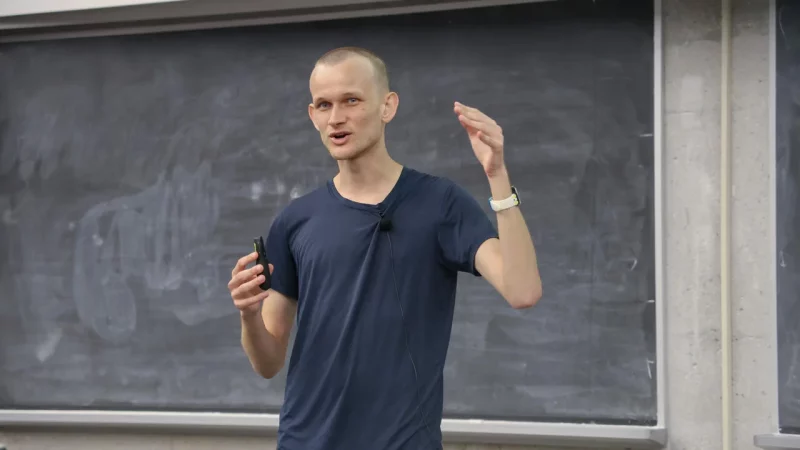Important points
- Vitalik Buterin proposes lowering the Ethereum validator threshold from 32 ETH to 1 ETH.
- The proposal includes a “single slot finality” feature that speeds up block confirmation.
Share this article
Vitalik Buterin, co-founder of Ethereum, proposed A major update to Ethereum’s proof-of-stake consensus mechanism, which signals that the lockup threshold for validators will be lowered from 32 ETH to 1 ETH.
According to Buterin, “lowering the minimum staking to 1 ETH solves the problem that prevents more people from solo staking,” thereby democratizing staking and decentralizing Ethereum. will be strengthened.
Currently, Ethereum requires 32 ETH to become a validator, a limit designed to balance security, decentralization, and overhead costs.
However, Buterin's new proposal argues that this high threshold will create a barrier for smaller participants and solo stakers who want to contribute to Ethereum's security but cannot tolerate significant lockups.
Lowering the threshold to just 1 ETH could significantly lower the barrier to entry, encourage more solo stakers to join the network, and reduce the centralization of staking. Buterin believes this is in line with Ethereum's long-term vision of making it accessible to a wider range of users.
One of the challenges to reducing this threshold is maintaining efficiency without overburdening the network. Buterin outlined that lowering the threshold increases the number of validators, which can reduce finality and increase the operational cost of running a node.
To address this, Buterin also proposed the concept of “single-slot finality,” which would speed up block confirmation and reduce finalization time from the current 15 minutes to about 12 seconds.
This not only improves the user experience, but also ensures that Ethereum's security remains robust even as the number of validators increases.
The Ethereum community has been discussing the accessibility of staking for years. Many solo stakers have expressed dissatisfaction with the 32ETH requirement, and Buterin's proposal could be a game-changer in terms of empowering smaller participants. However, implementation requires extensive testing and research to ensure network stability is not compromised.
If approved, this proposal could usher in a new era of decentralization for Ethereum, allowing thousands more validators to join the network for as little as 1 ETH.
Share this article

